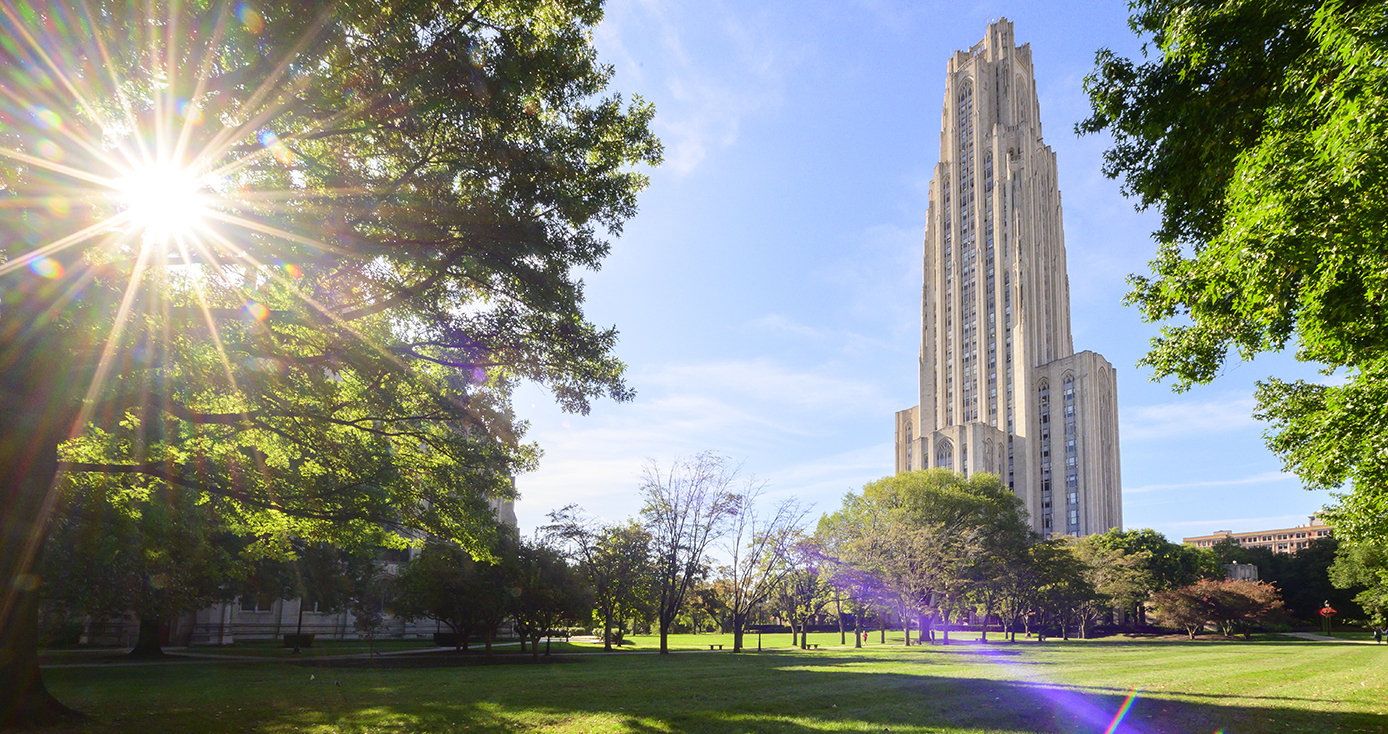
Subscribe to Pittwire Today
Get the most interesting and important stories from the University of Pittsburgh.3 Pitt Experts on Reasons for Optimism in 2021
From the COVID-19 pandemic and so-called murder hornets, to a contentious U.S. election season and widespread demands for racial justice, 2020 brought the world numerous, varied challenges.
However, there are reasons for optimism in the new year, a trio of University of Pittsburgh experts say: For one, 2020 is soon coming to an end.
Another reason is the relatively quick movement of vaccine candidates for COVID-19, as well as the high early efficacy rates for Pfizer and Moderna’s vaccines.
“I never thought I’d be so happy to hear the words ‘the beginning of the end,’ but when it comes to the pandemic, I certainly am,” said Anthony Delitto, dean of the School of Health and Rehabilitation Sciences and professor in the school’s Department of Physical Therapy.
Delitto pointed to the recently approved vaccines that have showed “tremendous promise”
and are already being administered across the U.S. (including at UPMC).He is also optimistic about Pitt.
“As a community, I am proud of how we responded, from the student body to faculty and staff, all the way to leadership,” he said. “Our mitigation efforts were largely successful. I am optimistic that as we go through the spring term, we’ll continue to be diligent and work through any challenges that remain until we see the effects of the vaccine take hold.”
Steven Albert, public health professor and chair of Pitt’s Department Behavioral and Community Health Sciences added that humans are “hardwired”
for optimism.“The majority of people—as many as 80%—overestimate the likelihood of positive events and underestimate negative events,” said Albert, who is also the Philip B. Hallen Endowed Chair in Community Health and Social Justice. And this optimism bias is not a bad thing.
“People mostly assume things are better than they are. That’s adaptive and possibly necessary for cooperation,” said Albert. “Optimism is also part of resilience. For example, we don’t have much experience with the COVID-19 vaccine, but people are optimistic that it’s going to be available and effective. Never have we developed a vaccine in less than 12 months. It’s extraordinary what we can do when we put our minds to it.”
Mary Rautkis, a research associate professor in Pitt’s School of Social Work, offered another reason to stay positive: The extra time that many people have spent at home highlighted the value of the human-animal relationships, whether pets or wildlife.
“This may sound goofy, but watching the squirrels outside my office window has become important to me. They have names,” she said.
Rautkis, who studies and volunteers for food banks and local animal shelters, added: “Much of what we have been reading is about how important animals have become to people when working and living in isolation. I'm optimistic that when we return to life however it looks, that the value of nonhuman life and our closer relationships will remain with us. I know that I will not take their affection and company for granted again.”





